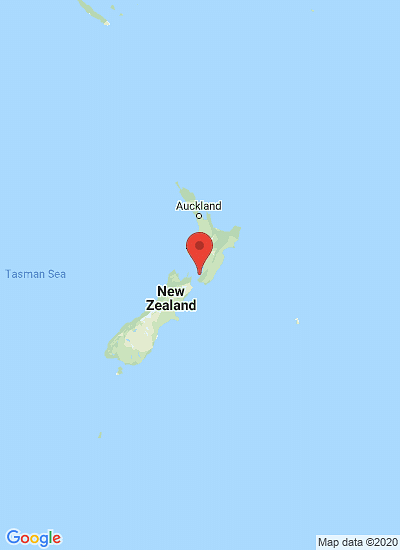An international soil scientist is calling for the authorities to look at soil quality when preparing environmental policies.
Dr John Baker, who was a finalist for the World Food Prize in 2013, says that while most local bodies have robust policies to address air and water quality, they overlook soil quality.
Farmers who have good quality soil have less runoff after heavy rain events, he says.
“The better the quality of the soil, the better the infiltration and water holding capacity at depth and therefore the lower the risk of fertiliser leaching off the land and contaminating water.”
Dr Baker, who has a MAgrSc in soil science and Ph.D. in agricultural engineering from Massey University (New Zealand), points out the most important factor that maintains and preserves soil quality is the biology of the soil. The food stuff for plants, soil fauna and microbes that grow in soil is its organic matter.
“Maintaining soil health is all about maintaining organic matter,” Dr Baker says. “If you want quality air and water and sustainable food production, you can’t do it without quality soil.
“That’s why any environmental policy should include the impact of quality soil coupled with the its ongoing destruction by conventional tillage.”
He warns that conventional tillage such as ploughing progressively destroys soil organic matter by oxidation and therefore regional councils and rural local authorities should be discouraging it.
Ploughing releases carbon into the atmosphere and depletes the micro-organisms which enrich the soil. Eventually it will lead to crop failure, soil erosion and in extreme cases, famine.
“When a farmer ploughs and cultivates a paddock it releases CO2 into the atmosphere. The vast majority (95 percent) is released from soil with the other five percent coming from tractor exhausts,” Dr Baker says.
“The amount of CO2 released by cultivation during reseeding can be approximately three tonnes per hectare.
“When you look at it from a global level, you realise that 15-20 per cent of the CO2 in the world’s atmosphere comes from ploughing.”
But it doesn’t need to happen, he insists.
He has been researching low-disturbance no-tillage for 40 years and invented and manufactured a low-disturbance no-tillage drill that penetrates through crop residue on top of the ground and sows seed and fertiliser directly into unploughed ground.
“Low-disturbance no-tillage is the equivalent of keyhole surgery as opposed to ploughing which is invasive surgery,” he says.
This is because good no-tillage causes minimal disturbance to the soil, traps the humidity, preserves micro-organisms and soil life, largely prevents carbon from escaping into the atmosphere and significantly improves crop yields. But poor no-tillage and minimum tillage achieve few of these things.
“If promoting soil quality and discouraging conventional tillage was included in all environmental policies, then local authorities would be making an investment in the future prosperity of the region because healthy soils produce greater pasture and crop yields,” he says.
- News
- Potato Supply chain
- Soil Scientist: 20%...

January 17, 2014
Source
Dr John Baker, CEO, Baker No-Tillage
Like to receive news like this by email? Join and Subscribe!
NEW! Join Our BlueSky Channel for regular updates!
Related Topics:
Related News

June 23, 2025
Robots in Potato Farming: How Technology Helps Growers Overcome Labor Shortages and Boost Productivity
Robots in potato farming help ease labor shortages, cut costs, and boost yields by automating tasks like planting and harvesting. Paired with smart tools like crop monitoring, they improve efficiency, reduce waste, and support sustainable farming.
June 23, 2025
2025 Fight Against Blight Launches with New Tools to Tackle Evolving Potato Disease Threats
The 2025 Fight Against Blight campaign begins with new tools to track late blight in UK potatoes, warning of evolving fungicide resistance and urging growers to stay vigilant.
June 23, 2025
Global Mancozeb Summit: Addressing Its Crucial Role in Crop Protection Ahead of EU Court Hearing
UPL Corp and CERSA at NC State University hosted the Global Mancozeb Summit at Rothamsted Research, UK, gathering global experts to discuss mancozeb’s vital role in crop protection as the EU prepares to review its regulatory status.Latest News
Sponsored Content
Sponsored Content
Sponsored Content
Sponsored Content
Where
Sponsored Content


